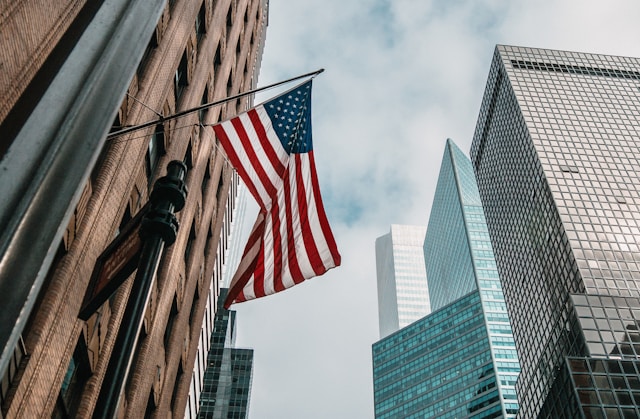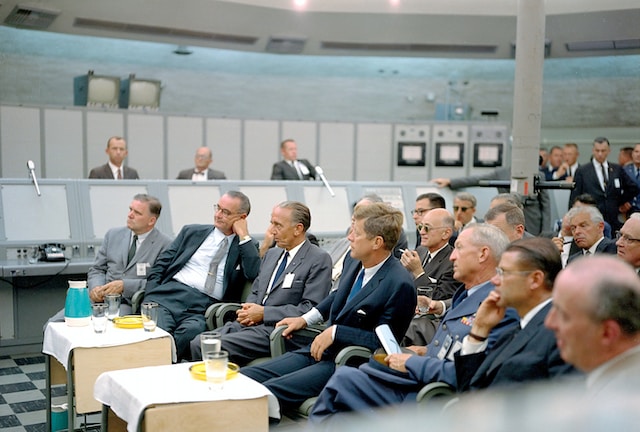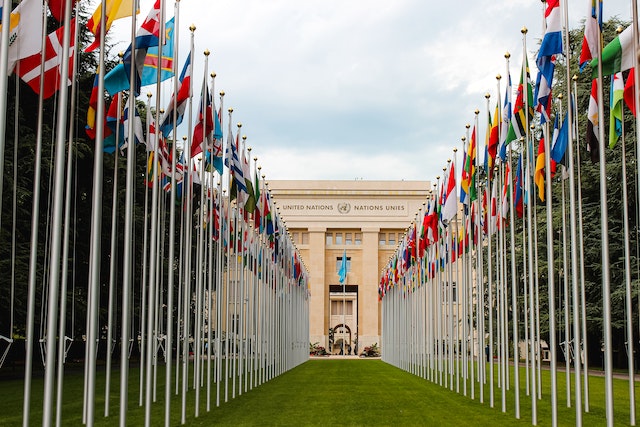Democracy is proclaimed as one of the main goals of U.S. foreign policy. According to the reports of the U.S. State Department, the “color revolutions” in Georgia and Ukraine, political transformations in Serbia (including Kosovo) and Montenegro can be considered examples of success of such a model.
In recent years, the process of “exporting democracy” has been assessed negatively by some observers. Opponents of U.S. hegemony often use the term “democratization of international life” to refer to what they see as desirable changes in international relations “without imposing development models or forcing the natural course of history.
In this context, it is necessary to include the notion of spreading democracy as a policy of imposing culture and ideology on other countries. U.S. security is determined by the degree of dependence of regimes in other countries on the United States. The concept of “democracy expansion” developed in the ideological framework of Wilsonian liberal universalism, which traditionally combined the pragmatics of American national interests with notions of the American ideological mission – to carry liberal-democratic principles to the whole world.
Madeleine Albright, who served as Secretary of State during Bill Clinton’s second administration, commented that “what the United States identifies as democracy is vital to American interests.
According to Robert Kagan (2011), the Obama administration has effectively reverted to Clinton’s “indispensable country” formula. Kagan believes that, the goal of U.S. foreign policy is to revive and strengthen the global liberal order, and that the current administration “is going in that direction. And then the big question arises: how do we fit China into this scheme? ” In his view, at the moment, “it’s not so much a question of promoting democracy as it is of defending it,” “at the moment it’s not a crusade. This is largely a question of consolidation and democratic solidarity.
According to political scientist Dmitri Simes (2012): “in recent years, a democracy-extension complex has emerged in the United States. Entire organizations have emerged that do it professionally, for which it has become a source of income and the main raison d’être. These are thousands and thousands of people associated with the administration and Congress. And this is a very interesting situation: on the one hand, these nongovernmental organizations are largely funded by the administration and congress. And on the other hand, they have the right to pressure the administration and congress. And this gives them a unique interest in making democracy promotion an American foreign policy priority.
At the same time, guided by the unspoken principle of “our son of a bitch,” the United States makes no real effort to democratize the theocratic monarchies of the Persian Gulf, such as Saudi Arabia, the United Arab Emirates, Qatar, Kuwait.



